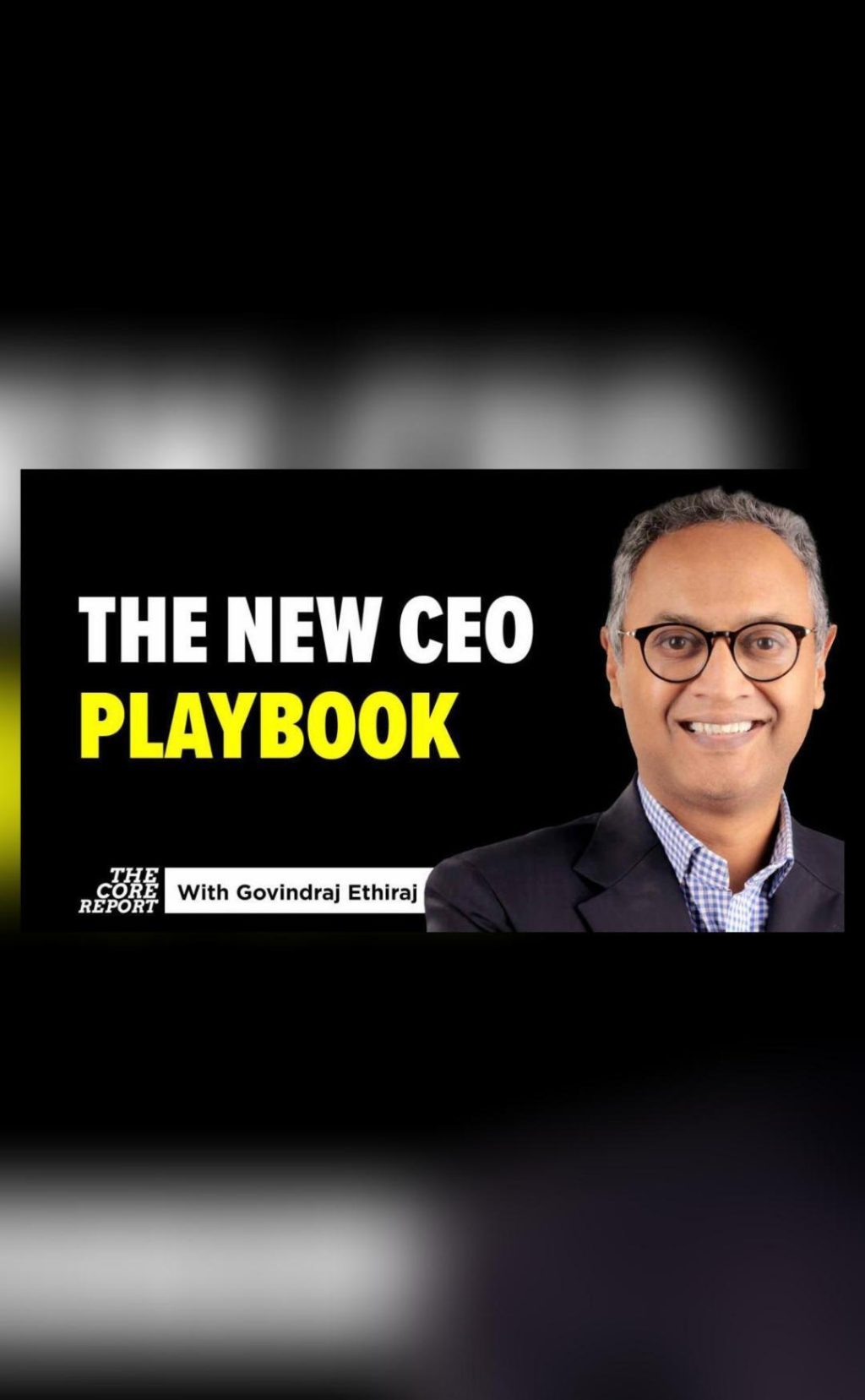
The New CEO Playbook: AI Pressures & Global Tariff Shocks
The business world is undergoing a seismic shift, with two major forces transforming the landscape: Artificial Intelligence (AI) and global tariff shocks. As AI reshapes industries and tariff shocks disrupt trade, global CEOs face unprecedented challenges. From internal pressures to automate and innovate, to external forces like shifting trade policies, business leaders must rethink strategy and operations. With no guarantee of stability, companies are being pushed to localise, adapt, and reconsider long-held business models.
The Rise of AI: A Game-Changer for Industries
AI is no longer a novelty, but a reality that is transforming industries at an unprecedented pace. From customer service to supply chain management, AI is revolutionizing the way companies operate. According to a report by McKinsey, AI could increase global GDP by up to $15.7 trillion by 2030. However, this transformation also brings significant challenges for CEOs. As AI replaces human tasks, companies must adapt to a new era of automation, where the focus is on high-value, creative work.
For instance, the banking and financial sector is experiencing a significant shift, with AI-powered chatbots and virtual assistants replacing human customer service representatives. Similarly, the retail sector is using AI-powered recommendation engines to personalize customer experiences and improve sales. However, this shift is not without its challenges. Companies must grapple with the impact of automation on their workforce, as well as the need to upskill and reskill employees to work alongside AI systems.
Global Tariff Shocks: A New Era of Trade Uncertainty
Meanwhile, global tariff shocks are disrupting trade patterns and creating uncertainty for businesses. The ongoing trade tensions between the US and China, as well as the Brexit saga, have created a perfect storm of uncertainty for global CEOs. Companies must navigate complex trade policies, tariffs, and quotas, all while trying to maintain a competitive edge in the market.
The impact of tariff shocks is being felt across industries. For instance, the automotive sector is facing significant challenges due to tariffs on imported components, while the tech sector is grappling with the impact of tariffs on electronics and semiconductors. The agricultural sector is also feeling the pinch, with tariffs on imported goods affecting farmers and food processors.
The New CEO Playbook: Strategies for Success
So, what can CEOs do to thrive in this new environment? Here are some key strategies:
- Embrace Digital Transformation: AI is here to stay, and companies must adapt to a digital-first strategy. This means investing in AI-powered solutions, upskilling employees, and creating a culture of innovation and experimentation.
- Localise and Adapt: With trade policies changing rapidly, companies must be agile and adapt to new regulations and tariffs. This means having a local presence, understanding local markets, and being willing to pivot strategies as needed.
- Diversify and Resilience: Companies must diversify their supply chains, customer bases, and revenue streams to mitigate the risks of tariff shocks and market fluctuations.
- Focus on High-Value Work: As AI replaces routine tasks, companies must focus on high-value, creative work that requires human skills like problem-solving, empathy, and creativity.
- Build Strong Partnerships: In a rapidly changing environment, companies must build strong partnerships with suppliers, customers, and competitors to navigate the uncertainty.
Conclusion
The new CEO playbook is all about adaptability, innovation, and resilience. As AI reshapes industries and global tariff shocks disrupt trade, CEOs must be willing to rethink strategy and operations to stay ahead of the curve. By embracing digital transformation, localising and adapting to new markets, diversifying and building strong partnerships, companies can thrive in this new environment.
Watch the video for more insights:






